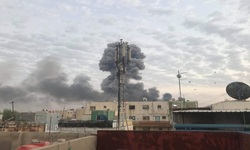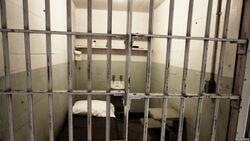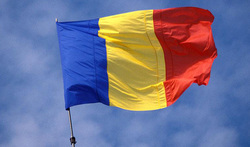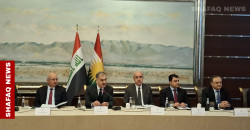The Spymaster of Baghdad: Secrets from the Falcons chronicles
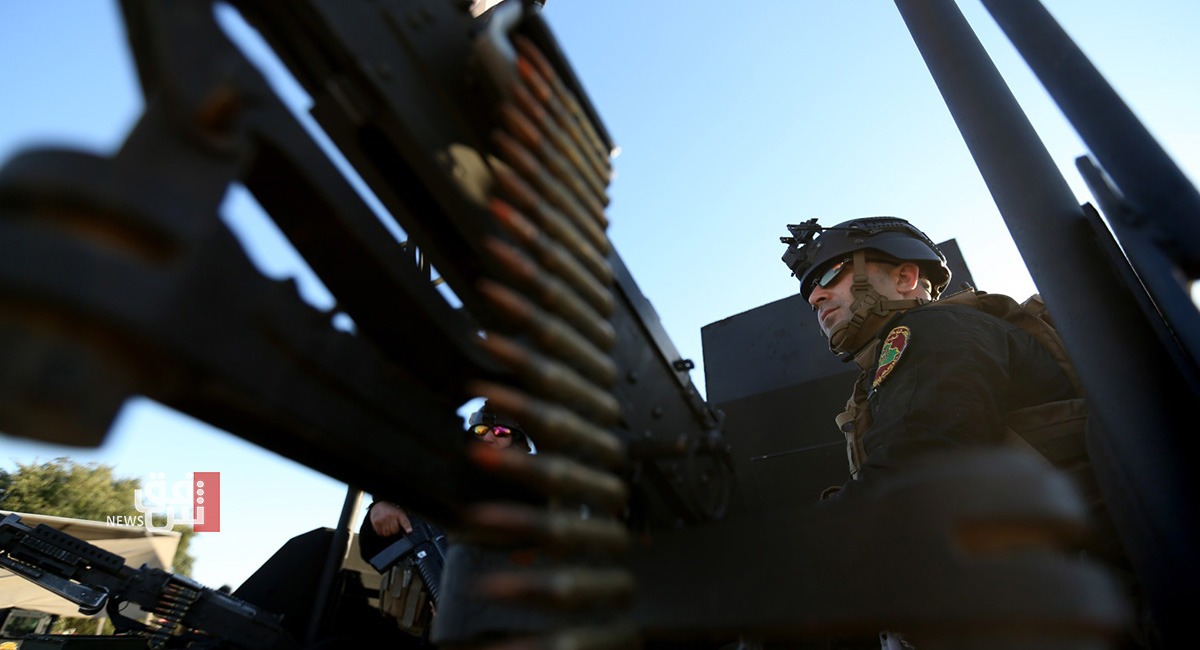
Shafaq News/ "Dey Street Books" released nearly a month ago "The Spymaster of Baghdad" by the award-winning journalist and the former Baghdad bureau chief for the New York Times, Margaret Coker.
The books is a dramatic yet intimate account of how a covert Iraqi intelligence unit called “the Falcons” came together against all odds to defeat ISIS.
Shadowed by the reputation of the Intelligence work of the US and co, the book shed the light on Iraq’s own espionage service, whose network of informants and local knowledge were largely responsible for identifying and tracking down leaders of those two terrorist organisations. It complements the array of accounts seen through the lens of military officers, soldiers, and policy makers.
Four people:
Coker's account focuses on four people: Abu Ali al-Basra, a military officer appointed to head Prime Minister Nouri’s al-Maliki’s security service, known as the Falcons; brothers Munaf and Harith al-Sudani, who joined the Falcons; and Abrar al-Kubaisi, the radicalised daughter of a blind university professor.
Nevil Gibson in his review of the account to the New Zealand based website, NBR, said, "Their personal stories are interwoven, amid much social, religious and other detail, over two decades. This background reveals the deep chasm in Baghdad between the Sunni middle class that flourished under Saddam Hussein and the poorer Shiites, who assumed political power in the post-invasion era."
"The al-Sudani brothers, for example, chose military service to improve their social and economic lot, while Abrar became an Isis convert because it seemed the only way Sunnis could resist the Shia majority."
Abu Ali al-Basra
Abu Ali’s background was to lead the Islamic Dawa opposition to the Saddam regime. He went into exile, ending up in Sweden. After the US-led invasion of 2003, he moved back to Iraq.
Promotion to head the Falcons came in 2006 after he realised he could only gain the confidence and support of the American-led forces if he could deliver results the foreigners couldn’t.
This was achieved by tracking down the mastermind behind the unsolved Canal Hotel bombing in 2003. It was the headquarters for the UN and other aid organisations in rebuilding post-Saddam Iraq.
The attack claimed the life of Sergio Vieira de Mello, the Brazilian diplomat whose life has been made into a documentary and a feature film, both called Sergio. The UN and other agencies withdrew from Iraq as a result.
The Falcons identified their suspect as a former commercial airline pilot and Al Qaeda sympathiser whose home provided a base for Sunni bomb squads. He resisted interrogation until the Americans realised they also had his brother in custody. Abu Ali used this as leverage and eventually got the information he wanted.
The Falcons continued their hunt for other Sunni terrorist leaders, eventually eliminating Al Qaeda. It was replaced by Isis, which rapidly established a base within eastern Iran and neighbouring Syria.
Coker weaves these events through the personal progress of the al-Sudani brothers and Abrar’s embrace of radical Islam. Their stories cross in a plot worthy of le Carré. Abrar was arrested for her role in suicide bombings, while Hanif’s undercover work as a bus driver who could move around Baghdad with ease was eventually put to use in Isis-occupied Mosul.
This is when Coker’s story enters it most gruesome phase. She does not stint in her coverage of the Isis regime’s brutality in its self-styled caliphate. Hanif is exposed and undergoes the worst forms of torture until his death, later found to be videoed on a phone.
The Isis nightmare ended in 2019 when the Falcons lead US special forces to the Isis leader, Abu Bakr al-Baghdadi, who had gone to ground in Idlib, Syria, near the Turkish border. This had the hallmarks of how Al Qaeda founder Omar bin Laden was found hiding in Pakistan.
This operation occurred as foreign and Iraqi troops, backed by air attacks, finished clearing Isis out of Mosul and the rest of Iraq. Abu Bakr was responsible for some 100,000 civilian deaths.
Coker leaves her story there, as Iraqis pick up the pieces of a fractured country and hope an end to the Sunni insurgency will bring permanent peace. That will mean heeding Pope Frances’s plea during his recent visit for the Sunnis and Shiites to resolve their differences through politics.
Through her choice of Abu Ali, a man of resolve and high repute, Coker provides a reason for like-minded Iraqis to become deserving descendants of the ancient Mesopotamian civilisation.
